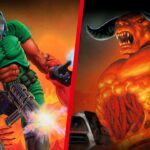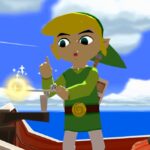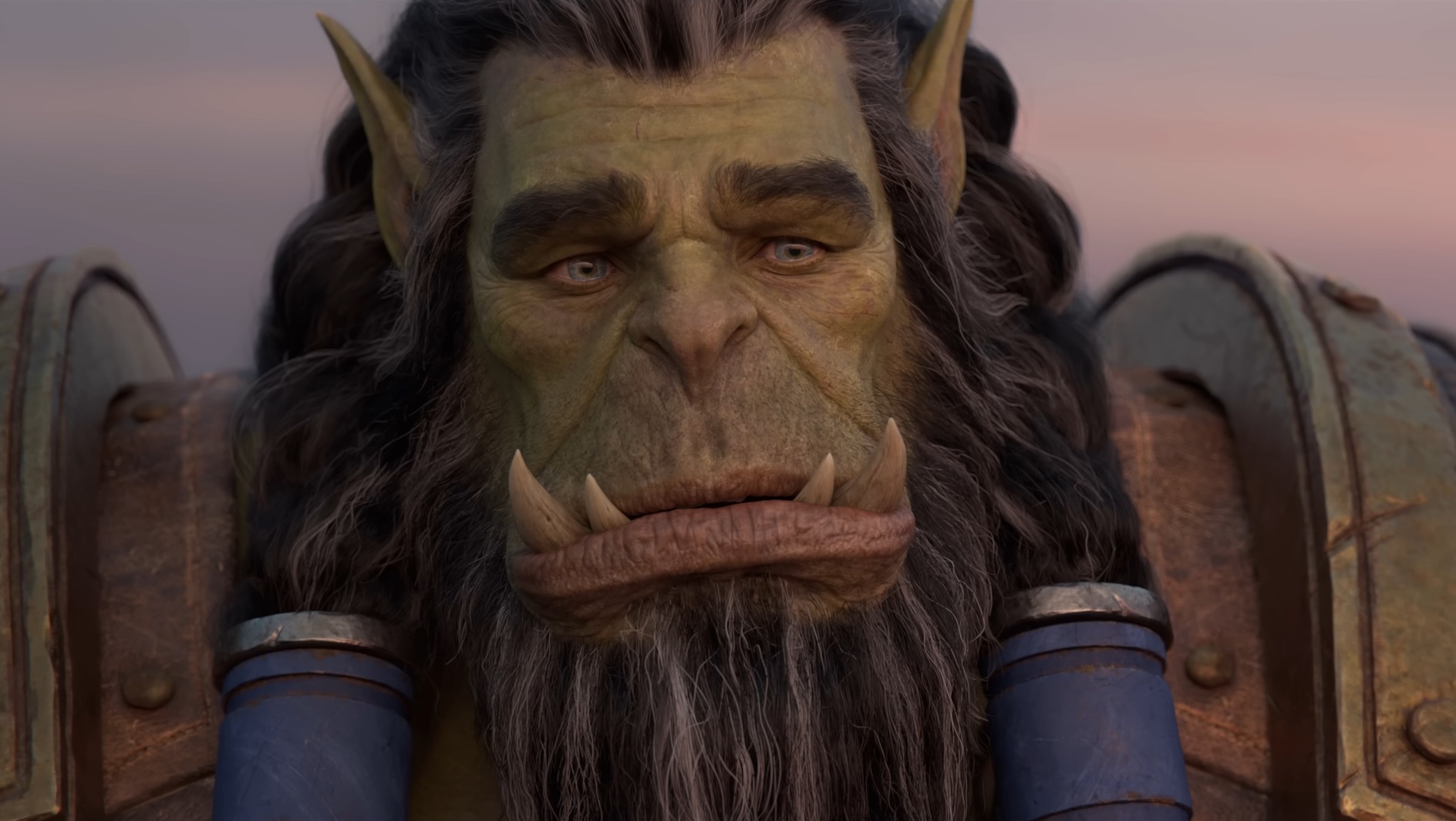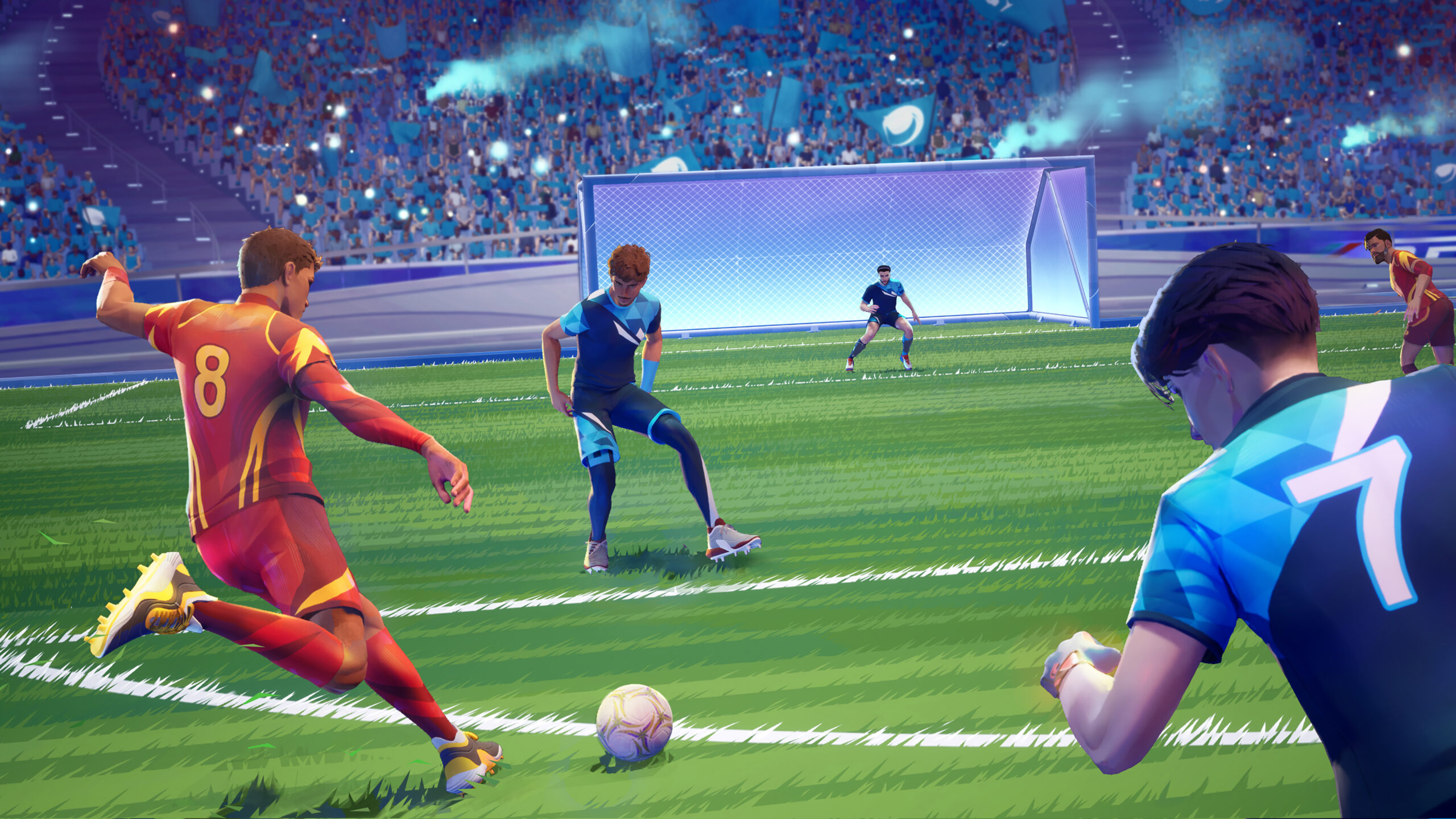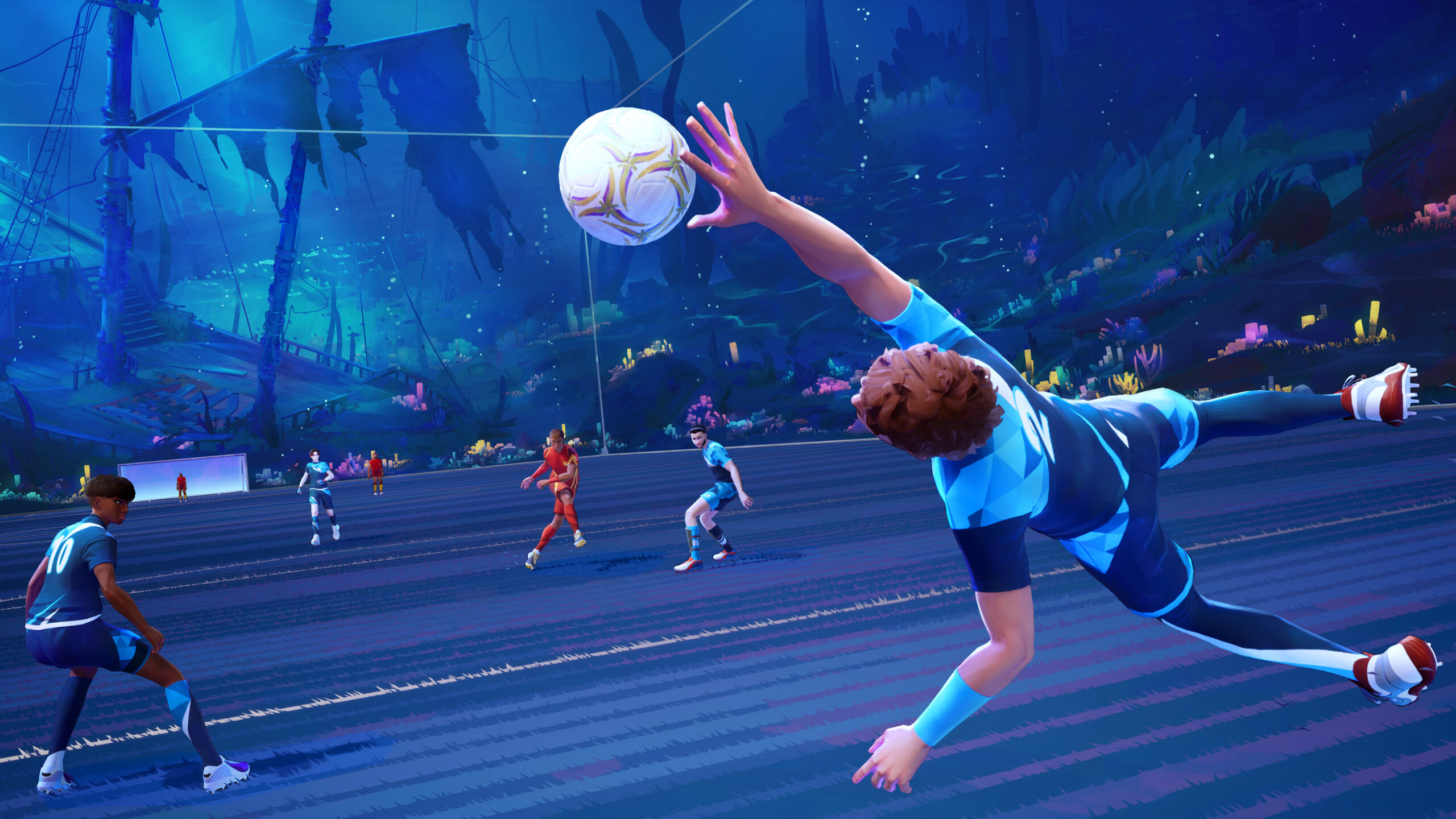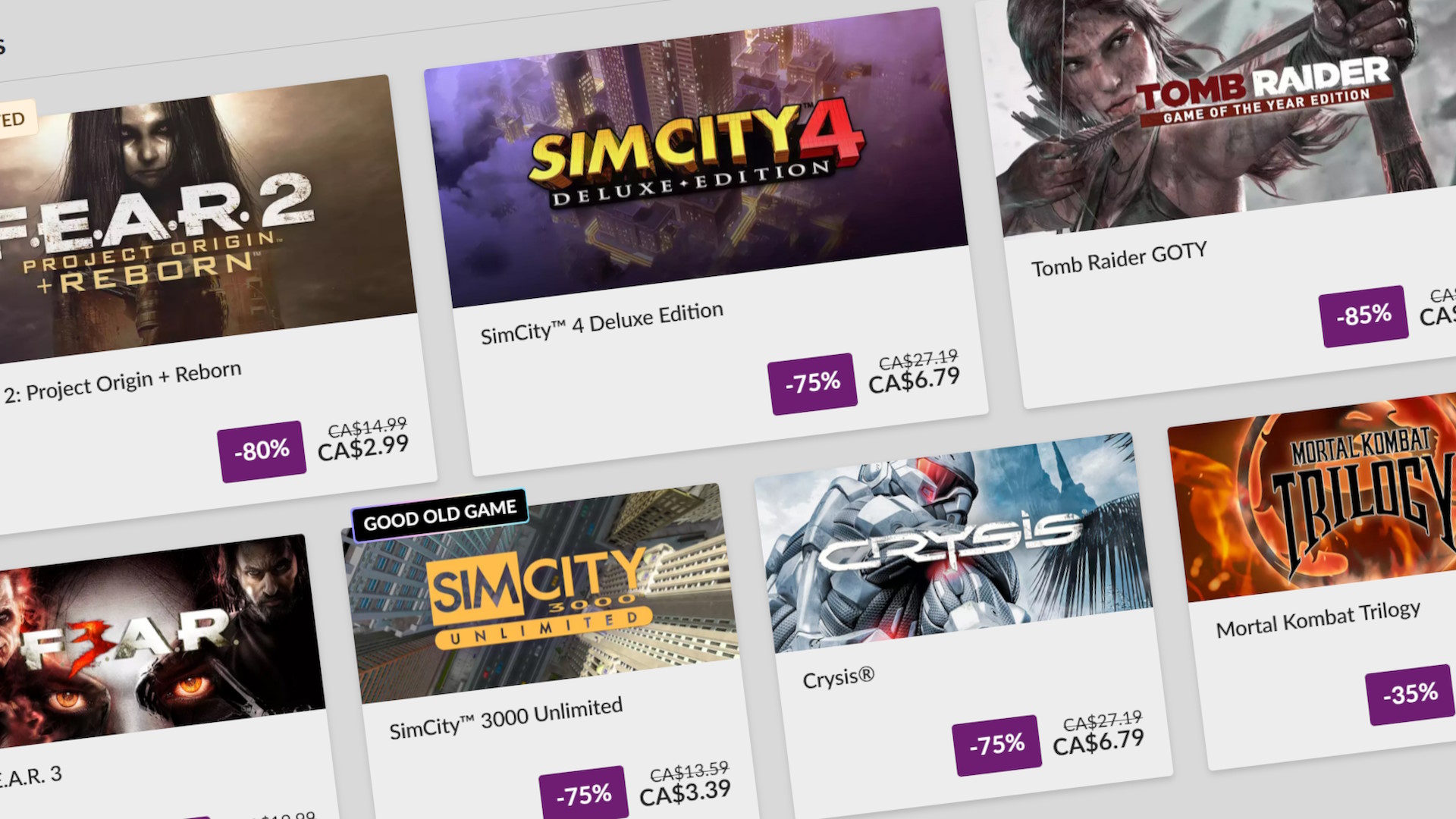As reported by IGN, former EA chief creative officer Bing Gordon revealed on a recent Grit podcast appearance that the company had turned down opportunities to own Call of Duty and Guitar Hero, and even acquire Blizzard. Gordon was speaking to former Activision CEO Bobby Kotick, whose company wound up capitalizing on all of those games.
Rather than buying Blizzard outright, Activision ultimately acquired the company through a merger with parent company Vivendi’s gaming division in 2008—Kotick characterized Blizzard, and more specifically World of Warcraft, as the only profitable part of Vivendi’s games business at the time. Prior to this, Gordon recalled, “There was a time when [Vivendi] asked for $800 million [for Blizzard],” but that “[former EA CEO Larry Probst] wouldn’t meet with them.”
Summing up the contrast between EA and Activision’s respective acquisition strategies, Gordon said, “Call of Duty, Guitar Hero, Blizzard, EA saw all those first and passed on all of them.” Bing further expressed, “This is why I have double-high respect for [Kotick] saying, ‘no, no, this is going to be good to own.’ And then you kept the people around.
“I’m pretty sure that some of those companies, the creative leaders, would not have stuck around, so you did some kind of miracle of keeping them productive for long periods of time.”
This wasn’t the end of things either. Kotick revealed later in the conversation that EA wanted to purchase or merge with Activision several times over the years: “They tried to buy us a bunch of times, we had merger conversations a bunch of times.”
I’m curious about where in the timeline the EA angle on Call of Duty falls, as Infinity Ward was first formed by disgruntled Medal of Honor developers who didn’t want to keep working with EA on that series. My guess would be that Gordon is referring to EA’s loss of this talent in the first place, rather than a later opportunity to swipe Infinity Ward and CoD from Activision.
The question of talent retention is an interesting one, because neither Activision nor EA have particularly sterling reputations in that regard. Founding members of Infinity Ward would ultimately leave the studio and found Respawn, ironically back under the auspices of EA, and the seemingly acrimonious split still has a prominent place in the Call of Duty mythos. Blizzard has struggled to find its way in recent years, particularly after the reveal of Activision Blizzard’s sexual harassment crisis in the early 2020s.
But while Activision has driven off key talent and garnered a relatively negative reputation among gamers, EA was, for a long time, unparalleled when it came to acquiring beloved studios only to close or gut them: Visceral Games, Origin Systems, Westwood, Pandemic, and now BioWare all spring to mind.
Whatever you may say about the two publishers from a perspective of creativity or artistry, in the grand game of business and pure cashflow, Kotick’s Activision clearly won—not just over EA, period. The company’s reputation has comfortably shrugged off its harassment and labor rights scandals to the tune of Microsoft’s unprecedented $68.7 billion acquisition, continuing regular releases in mega franchises like Call of Duty, Diablo, World of Warcraft, and Overwatch. EA, by contrast, is a medium-sized fish in the industry pond these days, and not a particularly healthy one at that. Respawn’s Apex Legends and Jedi series are noteworthy bright spots amid flagging returns on EA’s sports franchises and its squandering of BioWare.
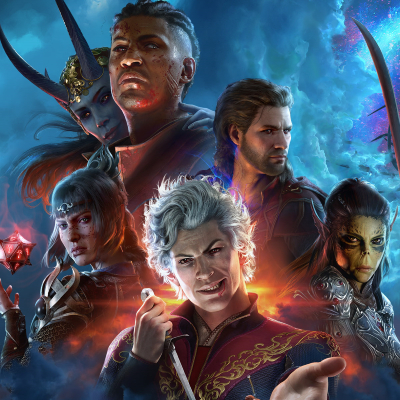
2025 games: This year’s upcoming releases
Best PC games: Our all-time favorites
Free PC games: Freebie fest
Best FPS games: Finest gunplay
Best RPGs: Grand adventures
Best co-op games: Better together

